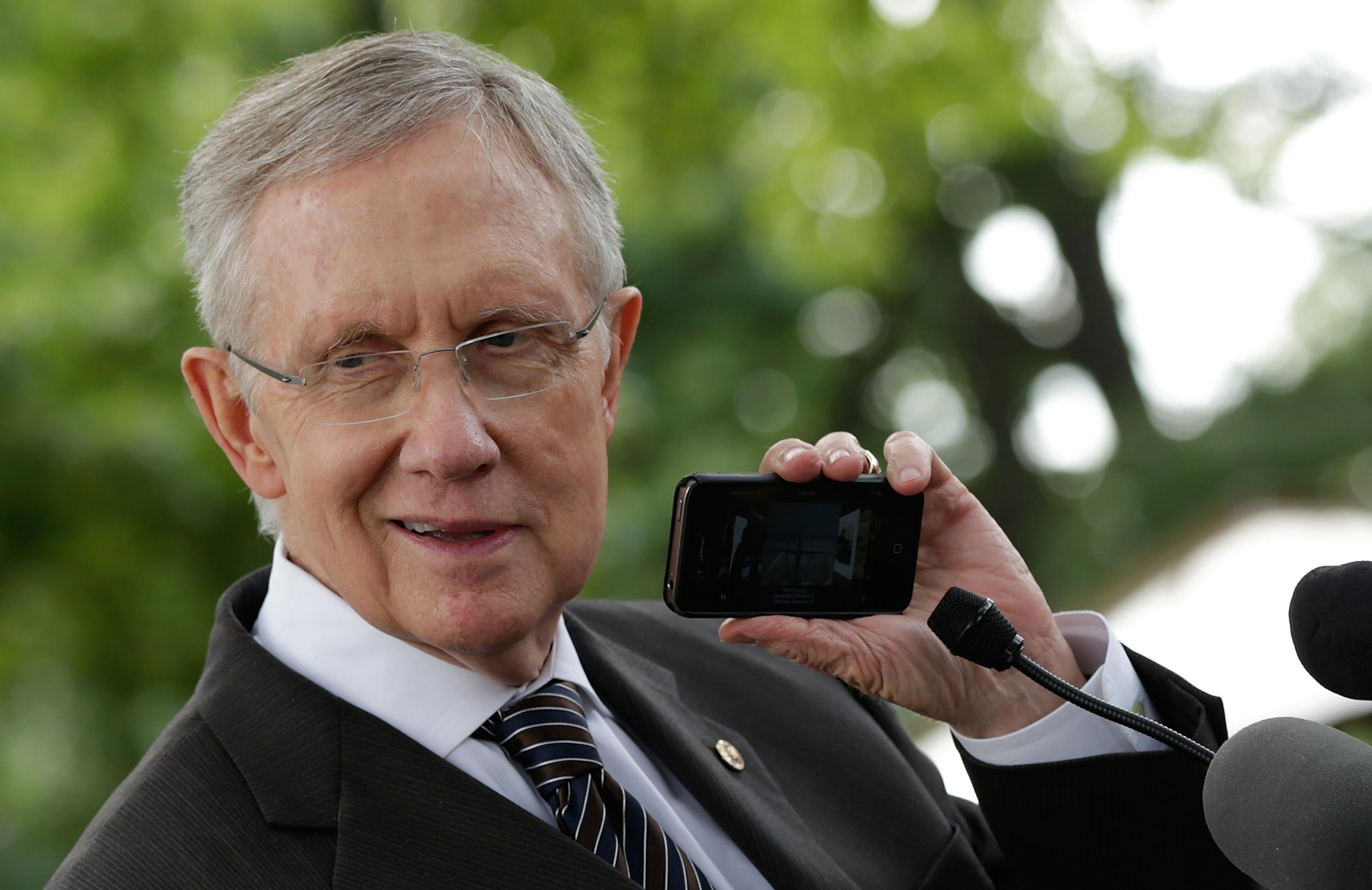Sometimes simply saying something out loud gives a thought more weight—more context, less abstraction. After all, given the well-known fact that the NSA is slurping up any bit of information it can get its hands on, including from heads of state, the idea that members of Congress are, too, on the receiving end of the NSA’s digital vacuum makes sense intuitively. But, on Tuesday, during a House Judiciary Committee hearing on NSA reform, Deputy Attorney General James Cole, in a surprising moment of candor, gave voice to what had appeared to be true. And when you say it out loud it sounds way worse.
Here’s the back-and-forth leading up to Cole’s answer from the National Journal:
Rep. Zoe Lofgren, a California Democrat, began by asking Peter Swire, a member of the president’s handpicked surveillance review board, whether lawmakers’ numbers are included in the agency’s phone-records sweeps. Swire protested that he was not a government official and couldn’t best answer the question, but said he was unaware of any mechanism that “scrubbed out” member phone numbers from the agency’s data haul. Lofgren’s time expired and Rep. Darrell Issa, a California Republican, then put the question to Cole.
“Mr. Cole, do you collect 202-225 and four digits afterwards?” Issa asked, referring to the number code used to call congressional offices. “We probably do, Mr. Congressman,” Cole responded. “But we’re not allowed to look at any of those, however, unless we have reasonable, articulable suspicion that those numbers are related to a known terrorist threat.”
To read between the lines here, what Cole appears to be saying is that by collecting data from Congressional phones, if a real-life episode of Homeland breaks out, the NSA is totally on it. So, there you have it. Well, probably. Just for the record, if that “probably” ultimately turned out to be an “actually” that means the NSA is conducting surveillance on the United States Congress. Or, more simply, the U.S. government is “probably” spying on the U.S. government.
*Correction, Feb. 4, 2014: This post originally said that the House Judiciary Committee hearing on NSA reform was on Monday. The hearing took place on Tuesday.
